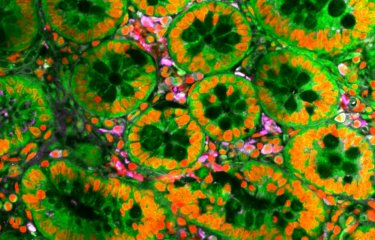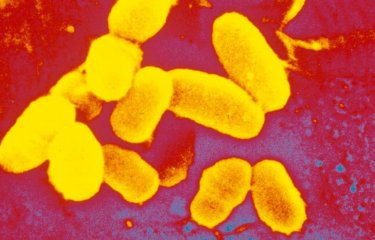Natural killer (NK) cells are mainly studied for their ability to eliminate tumor cells or cells infected with viruses. Scientists have now demonstrated that these cells also have particular properties that enable them to defend the body from a deadly bacterium, making them a potential alternative to antibiotics.
Natural killer (NK) cells are white blood cells that are capable of detecting and destroying tumor cells or cells infected with viruses. Their importance in immunotherapy treatments for several types of cancer has recently been demonstrated, and they are also being investigated with a view to developing new treatments for HIV. But much less research has been carried out on their role in treating bacterial diseases, and little is known about their potential in this area.
NK cells remember past infections
In a study published on July 24, 2023 in the journal PLOS Pathogens, scientists from the Institut Pasteur and Université Paris Cité set out to shed light on the response of NK cells to infection with Streptococcus pneumoniae. This bacterium, also known as pneumococcus, is responsible for pneumonia and life-threatening meningitis, and is on the list of 12 priority pathogens established by the World Health Organization (WHO). Tiphaine Camarasa, lead author of the study and a scientist in the Institut Pasteur's Chromatin and Infection Unit, led by Mélanie Hamon, tells us more: "We showed that NK cells are important in regulating bacterial infection, and that they have a remarkable ability to remember past infections. Surprisingly, the memory properties are specific to pneumococcus and are maintained over the long term, at least 9 weeks after an initial infection. So upon secondary pneumococcal infection, the cells have a memory of pneumococcus and are able to protect the host from deadly infection."
Transferable immune memory
And that's not all: the scientists observed that this immune response is more effective during a secondary infection, with memory-like NK cells producing more cytotoxic molecules against pneumococci. On the basis of this observation, the scientists wanted to see what these NK cells would do in animal models that had never come into contact with the bacteria. "Over the three months following the introduction of NK cells into mice, their immune system became capable of protecting itself against pneumococcus," explains Júlia Torné Cortada, a scientist in the unit and lead author of the study.
These results shed light on the defense mechanisms mobilized by the immune system during a pneumococcal infection and are leading to new theories on immunotherapy treatments for bacterial infections. NK cells and their memory properties could be considered as preventive therapies for antibiotic-resistant bacteria. Antibiotic resistance represents a growing threat for human health as it compromises our ability to treat common infectious diseases.
This study comes under the Antimicrobial resistance priority scientific area as part of the Institut Pasteur's 2019-2023 Strategic Plan.
Source
Streptococcus pneumoniae drives specific and lasting Natural Killer cell memory, PLOS Pathogens, July 24, 2023





